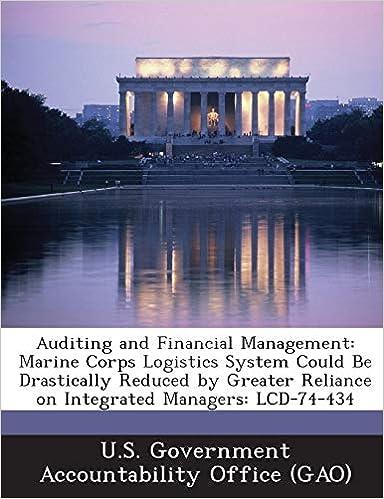
Question 1 (30 marks) To explain annual salaries of CEOs (salary) in terms of annual firm sales (sales) and personal IQ scores (IQ), the following multiple linear regression model is proposed for the population of small- and medium-sized enterprises (SMEs) in a Southern Chinese city: Using data for the year of 2021 from 209 randomly selected SMEs in the city, model (la) is estimated as follows: salary=14.7893+(692.2552)(0.0089)0.0163sales+(8.2471)14.35261Q+e^, [n=209,R2=0.0286,SSR=380,509,880.7547] where salary is in thousand Chinese yuan ( ), sales are in million Chinese yuan ( = ), and IQ is a numerical score around 100 . Q1a (2 marks): If an SME's annual sales were 100 million and its CEO's IQ was 80, what was the CEO's expected or predicted annual salary? Q1b (2 marks): If an SME's annual sales increased by Y60 million and its CEO's IQ remained unchanged, what was the predicted change in the CEO's annual salary? Q1c (2 marks): SME A had the same annual sales as SME B, but its CEO's IQ was 10 higher than that of SME B, then what was the estimated difference in the CEOs' annual salaries of the two SMEs? Q1d-even (3 marks) - for students with even Student Numbers only: SME C had annual sales lower than SME D by $60 million and its CEO's IQ was 10 higher than that of SME D. What was the predicted difference in the CEOs' annual salaries of the two SMEs? Q1e-even (8 marks) - for students with even Student Numbers only: Construct a 95\% confidence interval for the population regression coefficient 1. Do you think firm sales had statistically significant effects in CEO's salary at the 5% level? Briefly explain. Q1f (5 marks): We want to test the null hypothesis that CEO's IQ had no statistically significant effects in CEO's salary against the two-sided alternative that IQ had an effect. The computed p-value for the test can be found to be 0.0833. (i) Can we reject the null hypothesis at the 1%,5% and 10% significance levels? Briefly explain. (ii) If the alternative hypothesis is right-sided, can we reject the null hypothesis at the 5% significance level? Also briefly explain. Q1g (8 marks): At the 5% level, test whether the population model (1a) is overall significant, i.e., test whether all its explanatory variables are jointly significant in affecting the explained variable salary. Question 1 (30 marks) To explain annual salaries of CEOs (salary) in terms of annual firm sales (sales) and personal IQ scores (IQ), the following multiple linear regression model is proposed for the population of small- and medium-sized enterprises (SMEs) in a Southern Chinese city: Using data for the year of 2021 from 209 randomly selected SMEs in the city, model (la) is estimated as follows: salary=14.7893+(692.2552)(0.0089)0.0163sales+(8.2471)14.35261Q+e^, [n=209,R2=0.0286,SSR=380,509,880.7547] where salary is in thousand Chinese yuan ( ), sales are in million Chinese yuan ( = ), and IQ is a numerical score around 100 . Q1a (2 marks): If an SME's annual sales were 100 million and its CEO's IQ was 80, what was the CEO's expected or predicted annual salary? Q1b (2 marks): If an SME's annual sales increased by Y60 million and its CEO's IQ remained unchanged, what was the predicted change in the CEO's annual salary? Q1c (2 marks): SME A had the same annual sales as SME B, but its CEO's IQ was 10 higher than that of SME B, then what was the estimated difference in the CEOs' annual salaries of the two SMEs? Q1d-even (3 marks) - for students with even Student Numbers only: SME C had annual sales lower than SME D by $60 million and its CEO's IQ was 10 higher than that of SME D. What was the predicted difference in the CEOs' annual salaries of the two SMEs? Q1e-even (8 marks) - for students with even Student Numbers only: Construct a 95\% confidence interval for the population regression coefficient 1. Do you think firm sales had statistically significant effects in CEO's salary at the 5% level? Briefly explain. Q1f (5 marks): We want to test the null hypothesis that CEO's IQ had no statistically significant effects in CEO's salary against the two-sided alternative that IQ had an effect. The computed p-value for the test can be found to be 0.0833. (i) Can we reject the null hypothesis at the 1%,5% and 10% significance levels? Briefly explain. (ii) If the alternative hypothesis is right-sided, can we reject the null hypothesis at the 5% significance level? Also briefly explain. Q1g (8 marks): At the 5% level, test whether the population model (1a) is overall significant, i.e., test whether all its explanatory variables are jointly significant in affecting the explained variable salary







